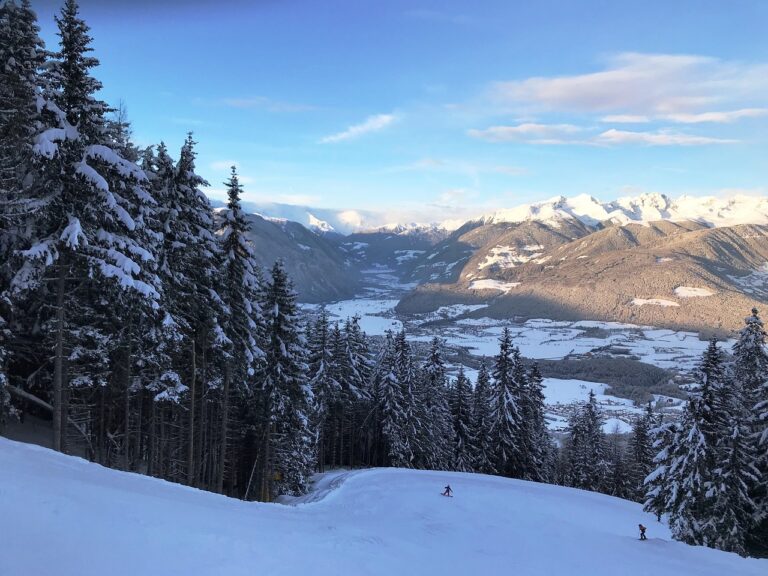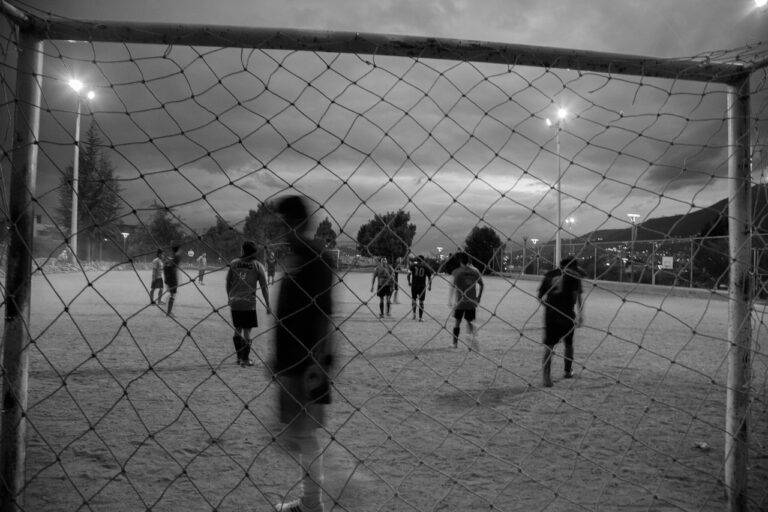The Impact of Local Regulations on Hotel Development and Operations: Goldbet7.com login, Radha exchange, 11xplay online
goldbet7.com login, radha exchange, 11xplay online: Local regulations play a crucial role in determining the development and operations of hotels in any given area. These regulations can have a significant impact on every aspect of a hotel, from its construction and design to its daily operations and guest experience. In this article, we will explore the influence of local regulations on hotel development and operations.
Zoning Regulations
Zoning regulations are one of the primary factors that can affect hotel development. Local governments use zoning regulations to control where certain types of buildings, including hotels, can be constructed. These regulations can dictate the size, height, and location of hotels within a particular area. Hotels must comply with these regulations to obtain the necessary permits for construction.
Building Codes
Building codes are another key set of regulations that hotels must adhere to during development. These codes are in place to ensure the safety and structural integrity of buildings. Hotels must meet specific building code requirements related to fire safety, accessibility, and structural stability. Failure to comply with building codes can result in fines, delays in construction, or even the closure of the hotel.
Environmental Regulations
Environmental regulations can also impact hotel development and operations. Hotels must comply with regulations related to waste management, energy efficiency, and water conservation. Some areas may have strict environmental regulations that require hotels to implement sustainable practices, such as using renewable energy sources or reducing water consumption. Failure to adhere to these regulations can result in penalties and damage to the hotel’s reputation.
Licensing and Permits
Hotels must obtain various licenses and permits to operate legally. These include permits for serving alcohol, operating a pool or spa, and accommodating guests. The process for obtaining these licenses and permits can vary depending on local regulations. Hotels must ensure they have all the necessary approvals to avoid fines or legal consequences.
Labor Laws
Labor laws can also impact hotel operations. Hotels must comply with regulations related to minimum wage, working hours, and employee safety. Failure to adhere to labor laws can result in lawsuits, fines, or damage to the hotel’s reputation. Hotels must stay informed about changes in labor laws and ensure they are compliant at all times.
Parking Regulations
Parking regulations can affect the availability of parking spaces for hotel guests and staff. Some areas may have strict regulations on the number of parking spaces required for hotels based on the number of rooms or square footage. Hotels must comply with these regulations to avoid penalties or inconvenience to guests.
Frequently Asked Questions
Q: How do local regulations impact the design of hotels?
A: Local regulations can dictate the size, height, and location of hotels, which can influence the design and layout of the building.
Q: What happens if a hotel does not comply with local regulations?
A: Hotels that do not comply with local regulations may face fines, delays in construction, closure, or damage to their reputation.
Q: How can hotels ensure compliance with local regulations?
A: Hotels can stay informed about changes in regulations, work closely with local authorities, and seek legal advice to ensure they are compliant with all requirements.
In conclusion, local regulations play a crucial role in shaping the development and operations of hotels. From zoning and building codes to environmental regulations and labor laws, hotels must navigate a complex regulatory landscape to ensure compliance and success. By understanding and adhering to local regulations, hotels can create a safe, sustainable, and enjoyable experience for their guests.







